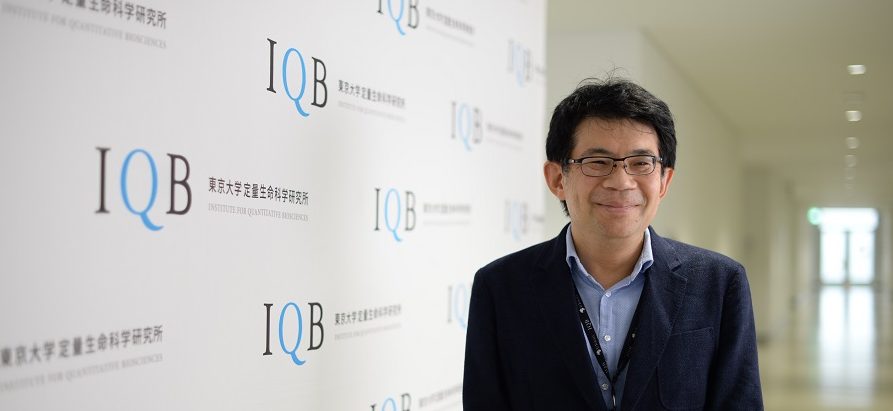Message from Director
Time flies, and six years have passed since the establishment of the IQB. Since its inception, the institute has operated on four pillars: research transparency, internationalization, emphasis on basic research, and support for young researchers. Also, during this time, as I said in my opening remarks in 2018, the Institute has been united in its greed for introducing and developing cutting-edge technologies with Sir. Sydney Brenner’s words, “Progress in science depends on new techniques, new discoveries and new ideas, probably in that order.”. Fortunately, thanks in part to the tireless efforts of the faculty and staff and the scientific advisory board members, I believe this was the first six years of the Institute’s successful efforts to establish its primary identity as a place of excellent research.
On the other hand, the last five years have also been five years in which our lives have been subjected to unpredictable trials. The pandemic itself was a challenging experience, but it also triggered inflation spurred by the Russian invasion of Ukraine. Moreover, the pandemic has irresistibly reminded us of the negative chain, including the Japanese scientific community’s declining power and the economy’s fragility. Even in these times, it is a gift that every faculty member has been aware of the weight of their responsibility and has never forgotten the spirit of challenge that has enabled them to continue to manage the Institute with steadfast performance.
It has already been 70 years since the Institute of Applied Microbiology, the predecessor of the IQB, opened. Five years as an IQB in the long history of the Institute is not a long time. However, as a workplace where every faculty member of the institute and future faculty members can live a fulfilling life, the institute will continue to shine, and we must aim for even greater heights as a research institute.
To that end, I will continue to serve for another three years, but I am determined to put my body and soul to work, not be afraid of criticism, and make every effort.
Director Katsuhiko Shirahige
Director Katsuhiko Shirahige
Professor Katsuhiko Shirahige obtained his bachelor’s degree in Quantum Sciences from the University of Tokyo in 1988 and earned his Ph.D. in Molecular Genetics from Osaka University in 1993. He has held several prestigious academic positions, including a professorship at the University of Tokyo since 2010. He specializes in epigenetics and is currently based at the Institute for Quantitative Biosciences, University of Tokyo. As of March 1, 2024, he is also affiliated with the Karolinska Institutet in Sweden.
Professor Shirahige’s research focuses on chromosome dynamics, gene expression, and gene regulation, with a particular emphasis on how genes interact with other regions of the chromosome to influence transcriptional activity. His work centers on cohesin, a protein complex that plays a crucial role in shaping the three-dimensional structure of chromosomes by facilitating long-range chromosomal interactions. Cohesin mutations are implicated in various cancers and congenital disorders, affecting embryonic development. By elucidating the molecular mechanisms underlying these processes, his research aims to contribute to a deeper understanding of disease pathogenesis and pave the way for novel therapeutic strategies.

